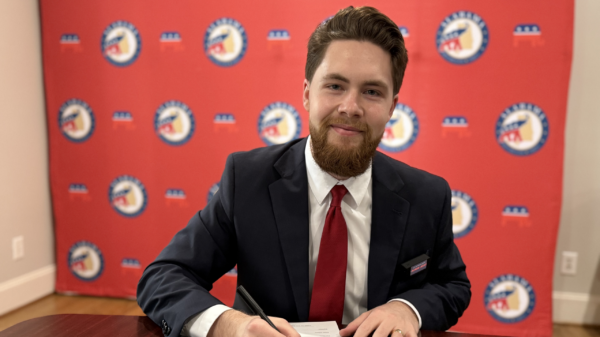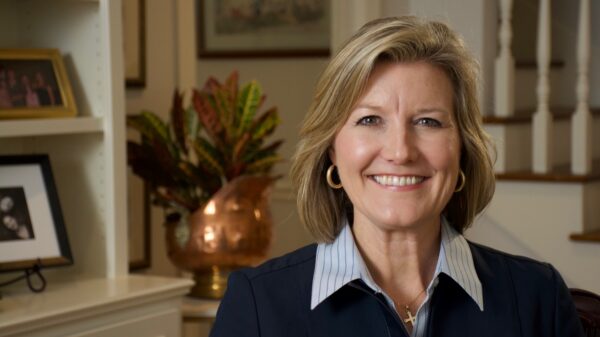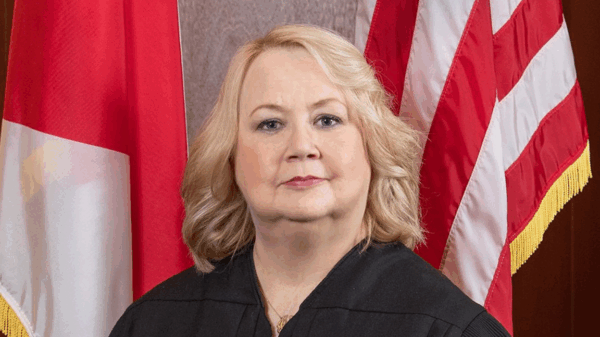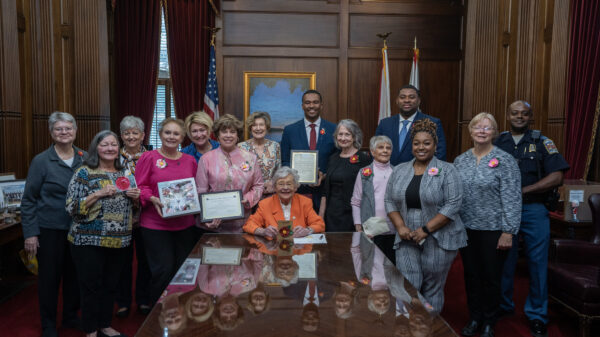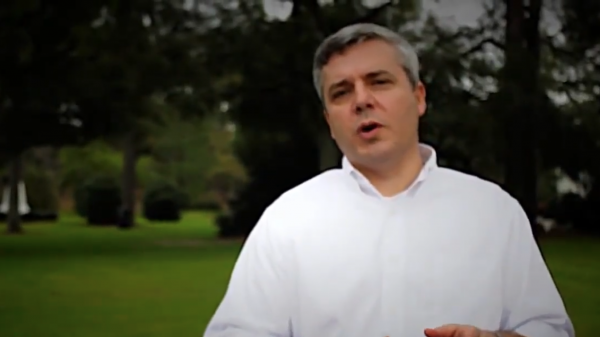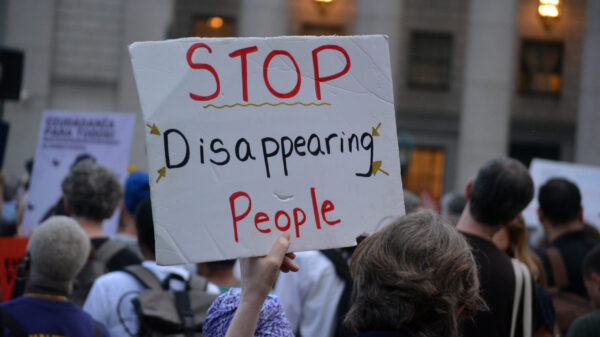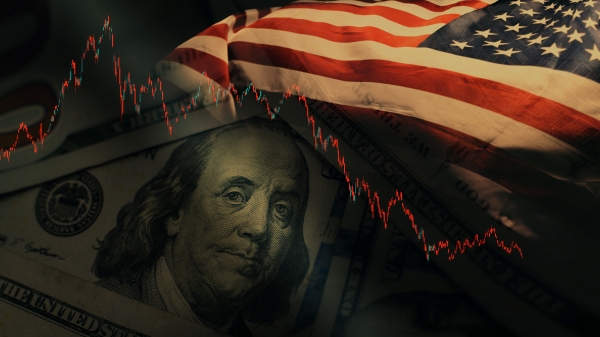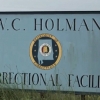By Brandon Moseley
Alabama Political Reporter
Monday, June 27, Alabama State Auditor Jim Zeigler (R) said in a statement that Monday’s US Supreme Court reversal of bribery convictions of former Virginia Governor Bob McDonnell (R) could possibly free former Alabama Gov. Don Siegelman (D).
Zeigler is a career attorney. The conservative State Auditor said that today’s Supreme Court ruling is “very close to what Siegelman was convicted of.”
Zeigler said that the court unanimously voided the convictions of Governor McDonnell because jury instructions could have led the jury to believe that the actions of McDonnell were illegal when they were not.
Governor Don Siegelman never disputed the prosecution’s contention that businessman and Healthsouth CEO and founder Richard Scrushy funded his lottery campaign with $900,000 or that Siegelman gave Scrushy a seat on the Certificate of Need board. Siegelman and his attorneys argue that this was not a crime.
In the McDonnell case the Justices objected to the instructions that the judge gave to the jurors on what constituted bribery under the federal statute. Siegelman and his defense team have been highly critical of then federal Judge Mark Fuller and how he handled the case at the time.
Zeigler says the ruling will likely not affect the recent conviction of former Speaker of the Alabama House of Representatives Hubbard, who was convicted on ethics violations under state laws not bribery and corruption under federal law.
The bar for proving an ethics violation under Alabama law, ironically, was lowered substantially by Mike Hubbard as his first act as Speaker of the House. Before 2010 was over the new Speaker and outgoing Governor Bob Riley (R) had called a special session to strengthen and tighten Alabama ethics law. While Hubbard was preoccupied with preventing the AEA (Alabama Education Association) from being able to collect union dues from members’s checks (a move that has proven crippling to AEA) and banning PAC to PAC (political action committee) transfer; it was the rewritten ethics law that ultimately trapped Hubbard. The law’s biggest champion.
The justices narrowed a law that bars public officials from taking gifts in exchange for “official action,” ruling it does not cover routine courtesies like setting up meetings or hosting events for constituents. Many elected officials are expected to perform “constituent services.”
The McDonnell case now returns to lower courts to decide whether prosecutors are entitled to a new trial or not.
Governor McDonnell claims that he never took any official action to benefit Star Scientific Inc. CEO Jonnie Williams or pressured other state officials to do so. McDonnell claims he did nothing in return except help a constituent gain access to other public figures. McDonnell and his wife accepted multiple gifts from Williams; but the defense argues that this was not illegal under Virginia’s ethics laws.
Chief Justice Roberts wrote, “There is no doubt that this case is distasteful. It may be worse than that, but our concern is not with tawdry tales of Ferraris, Rolexes and ball gowns. It instead is with the broader legal implications of the government’s boundless interpretation of the federal bribery statute.”
Prosecutors allege that Gov. McDonnell accepted these personal benefits with the understanding that he would try to take official action to help Williams.
McDonnell later helped set up meetings with state health officials, appeared at promotional events and even hosted a launch luncheon for the dietary supplement at the governor’s mansion. Williams was seeking state money and the credibility of Virginia’s universities to perform clinical research that would support his company’s drug.
Gov. McDonnell claims that he never put any pressure on state officials and that Williams never got what he really wanted: state funding for medical studies on the dietary pills.
Gov. Siegelman has always argued that accepting the money for the lottery campaign (which was rejected by the people of Alabama) never constituted a bribe.
Former Governor McDonnell argued the Justice Department was unfairly criminalizing “everyday acts” that are a typical part of an elected official’s job.
Don Siegelman is scheduled to be released from prison on August 8, 2017.
His case has been repeatedly appealed, thus far with little success,
Mike Hubbard is scheduled to be sentenced for his twelve counts of public ethics law violations on July 7.
(Original reporting by the Associated Press and ‘The Hill’ contributed to this report)


